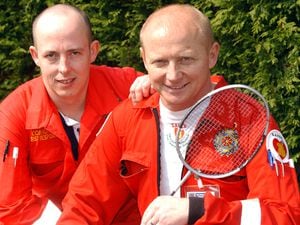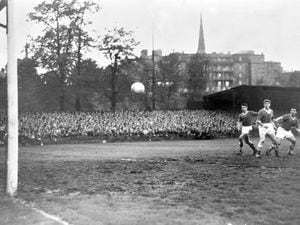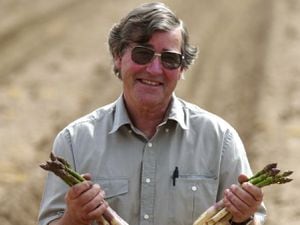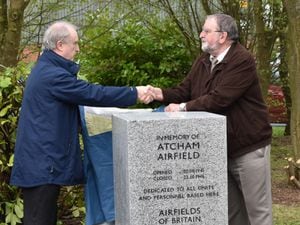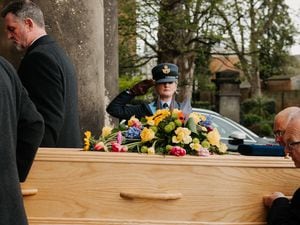How a Shropshire farmer trekked 1,500 miles after being capture in Hong Kong
"Your father is one of the 20th century greats, you know."
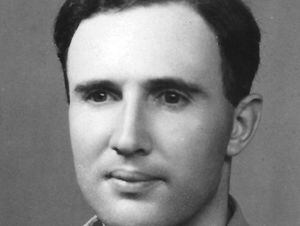
Mary Monro did not really understand. A 20th century great? This was her dad they were talking about – a Shropshire farmer who used to fall asleep in front of the TV news.
But it was that casual remark from a family friend which was to stir Mary to embark on a voyage of discovery about her war hero father and his dramatic and dangerous escape as a prisoner of war, in which capture would have brought torture and death by beheading if he was lucky, relatively speaking, or by the bayonet or being buried alive if not.
About all this, she knew virtually nothing.
As she sought to learn more about her late father's exploits, she flew to China where she set out to retrace his route as he made his break for freedom after the fall of Hong Kong to the Japanese in December 1941.
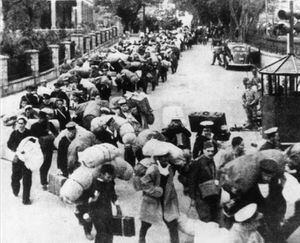
On foot, by boat, by truck, and by train, he had trekked 1,500 miles across China over two months, evading bandits and having to contend with both difficult terrain and the complicated politics of a land in a state of virtual civil war.
Eventually he reached the safety of the administrative capital Chongqing, and became part of an organisation helping other escaping prisoners and refugees, before later still returning to action, fighting during the Burma campaign.
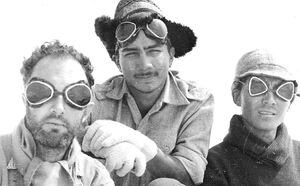
And now Mary has written a book about her father, Lieutenant Colonel John Monro, who was awarded the Military Cross.
In "Stranger In My Heart" she tells of her own experiences, discoveries, and thoughts as she delved deeper into his story, travelled across China, and got to know him - and to some herself - better.
Family farm
Lt Col Monro farmed in Shropshire after leaving the Army. The farm, which is still farmed by the family, is between Bayston Hill and Dorrington. Mary, who now lives in Bath and is an osteopath, was born there.
He was involved in various aspects of public life in Shropshire and was a founder of the Riding For The Disabled Association. He died on July 25, 1981, aged 67. At the time Mary, the youngest of four children, was just 18.
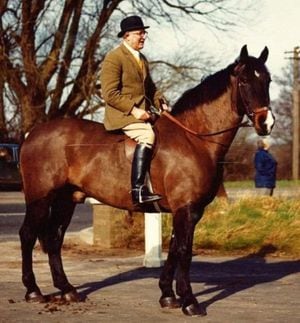
Fast forward to the 80th birthday party of Mary's mother Betty 10 years ago. It was then that Jane Cordingley made her fateful remark.
"She is one of the Shropshire Cordingleys," said Mary. "She was great friends with my older sister and stayed with us a couple of years while doing her A levels when her father, a vicar, was posted to some parish up in Yorkshire.
"She said: 'Your father is one of the 20th century greats.' I looked at her as if to say 'what do you mean? He is a farmer.'
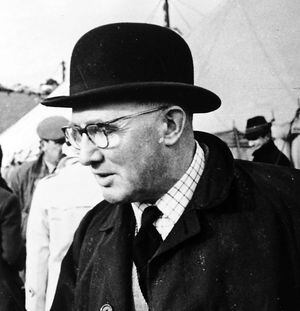
"I knew he had been in the Army and had escaped from Hong Kong. I asked my mum what documents she had. She gave me this big brown envelope which had letters home to his parents, military reports, diaries, maps, and photographs. That's what started me off.
"I really enjoyed the research aspect of it and got really interested in all the things I was finding out, and the context around my father's story."
Mum Betty, incidentally, is these days in a nursing home in Bicton.
Captured on Christmas Day
The then Major Monro of the Royal Artillery had been taken prisoner when Hong Kong fell on Christmas Day 1941 and he and other prisoners were marched to a prison camp at Sham Shui Po on the mainland in Kowloon where they were kept in increasingly desperate conditions.
On the night of February 1, 1942, he and two others, Flying Officer Norman Baugh who was later killed in action, and Captain I.B. Trevor, who spoke Cantonese, escaped, swimming across the bay and using a raft to carry their supplies which included food, medicines, a compass and some cash.
With betrayal to the Japanese an ever-present danger, they were fortunate to make contact with Chinese forces who gave help, accommodation and food.
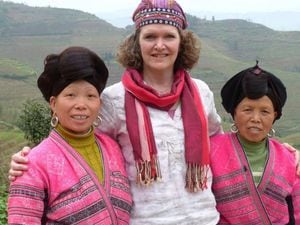
Mary says her father took redundancy from the Army in 1958 and was keen to become a farmer.
"He went to Walford College of Agriculture to learn how to become a farmer, then moved to the farm, between Bayston Hill and Dorrington, in 1960. My brother runs it now.
"My father was very active in the National Farmers Union and the British Legion. For 10 years he was the secretary of the South Shropshire Hunt and he was one of the founders of the Riding for the Disabled Association.
"His wartime activities had sharpened his sense of the need for freedom and agency. He used the liberating power of the horse to give those disabled children a sense of freedom and agency.
"He brought children from the School for the Blind in Condover, a couple of miles away, to ride ponies at the farm. This is before health and safety and we used to put them on our ponies and walk them up and down the lane."

